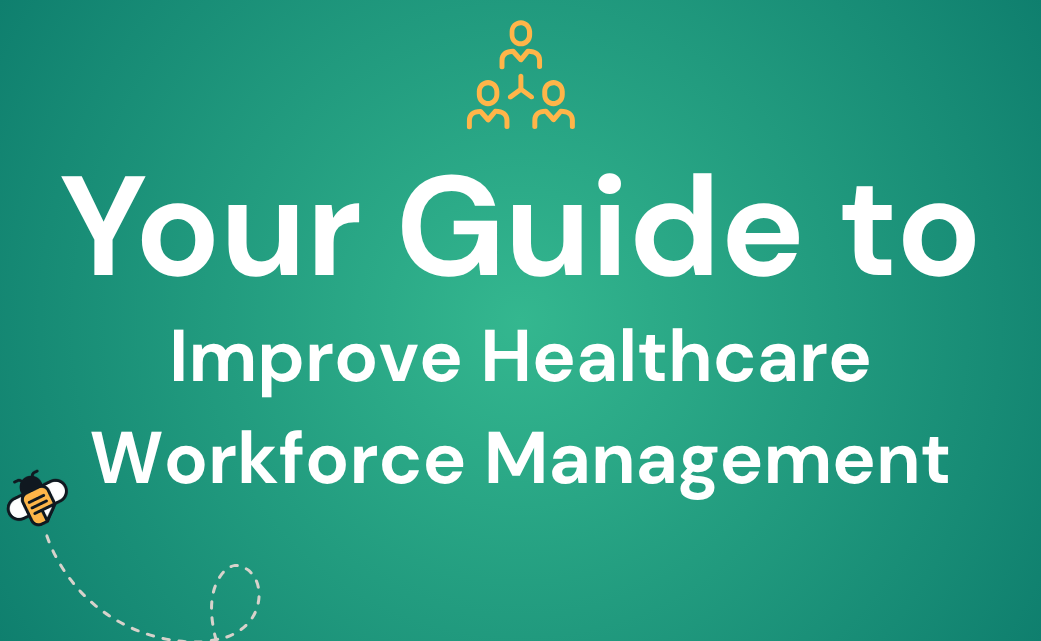By Jason Lee, Senior Product Marketing Manager
Relocating to Boston recently marked a new chapter in my life.
Anyone who’s managed a cross-country move knows it’s an intricate balancing act—coordinating logistics, packing up a home, and checking off countless to-dos. One of those tasks for me was selling my car. Finding a buyer was simple enough, so I assumed finalizing the sale and signing the necessary documents would be just as easy.
But it wasn’t.
Each attempt to sign the documents online was met with a vague error message: “Please try again later.”
After multiple failed attempts, I reached out to customer support, expecting a quick resolution. Instead, I encountered automated responses, generic help articles, and no clear path to connect with a real person.
This experience reminded me of something fundamental: Agreements aren’t just transactions–they’re commitments.
And when that trust erodes—whether from a lack of support, unclear communication, or impersonal processes—the relationship behind the agreement suffers.
The Shift Away from Human Connection
Not too long ago, agreements were personal. A handshake or an inked signature symbolized trust, respect, and accountability. It was two people standing behind their word, knowing the relationship mattered just as much as the outcome.
Today, too many companies prioritize scalability and investor returns over the customers who rely on their services. This creates an ironic reality: platforms designed to foster trust often do the opposite, creating rigid systems that leave users alienated and unsupported.
This shift carries serious implications for businesses that rely on contracts and agreements. These interactions shape partnerships, carry legal weight, and involve real financial stakes.
So, when the process starts to feel cold and transactional, confidence is the first thing to go.
What Happens When the Human Element is Neglected?
Agreements anchor critical moments, so when the human element goes missing, the fallout can be significant.
According to a survey conducted by Deloitte, only 50% of consumers trust the brands they engage with, highlighting a significant trust gap between businesses and their customers.
Failing to provide a human-centered experience can create:
- Accessibility Gaps: Automated systems might be efficient, but when something goes wrong, users need clear, accessible support. Without it, even minor issues can escalate into major frustrations.
- Erosion of Trust: Trust is fragile, and every unresolved issue chips away at it. Customers expect reliability, and when platforms fail during critical moments, trust is hard to rebuild.
- Lost Loyalty: Treating customers as numbers instead of individuals ignores the bigger picture. Strong relationships require empathy and understanding–not just task completion.
When agreements are the backbone of a business, these disconnects can have lasting consequences. Customers expect solutions that build trust, not barriers.
Why Human-Centric Business Practices Matter
As AI and automation continue to shape industries, it’s easy to assume that faster and more efficient is always better.
But the reality is that speed and scale mean little without trust.
Maintaining a human element isn’t just a nice-to-have; it’s essential to long-term success.
Here’s why human-centric practices make all the difference:
- Trust Creates Loyalty: Consistency, transparency, and clear communication show customers they’re valued. Proactive support sends a simple but powerful message: “We’re here for you.”
- Relationships Drive Growth: Sustainable growth doesn’t come from one-off transactions. It comes from meaningful partnerships where customers see you as an indispensable ally in their success.
- Feedback Fuels Innovation: Listening to customers isn’t just about fixing problems—it’s how businesses stay relevant. Their insights drive improvements that create lasting value.
At Docubee, these principles guide everything we do.
We believe transparency is the cornerstone of trust, especially when it comes to pricing and communication.
From personalized customer support to transparent pricing models, we focus on making every interaction personal, meaningful, and impactful.
We don’t see agreements as just steps in a process—they’re commitments that reflect trust, care, and collaboration.
Business Success Starts with Trust
When businesses focus on people over processes, customers feel valued, supported, and empowered.
If you’ve ever felt frustrated by impersonal systems or disconnected platforms, you’re not alone. Let’s connect and explore how Docubee can make a difference for you.
After all, the best agreements don’t just start with trust—they begin with dialogue.












